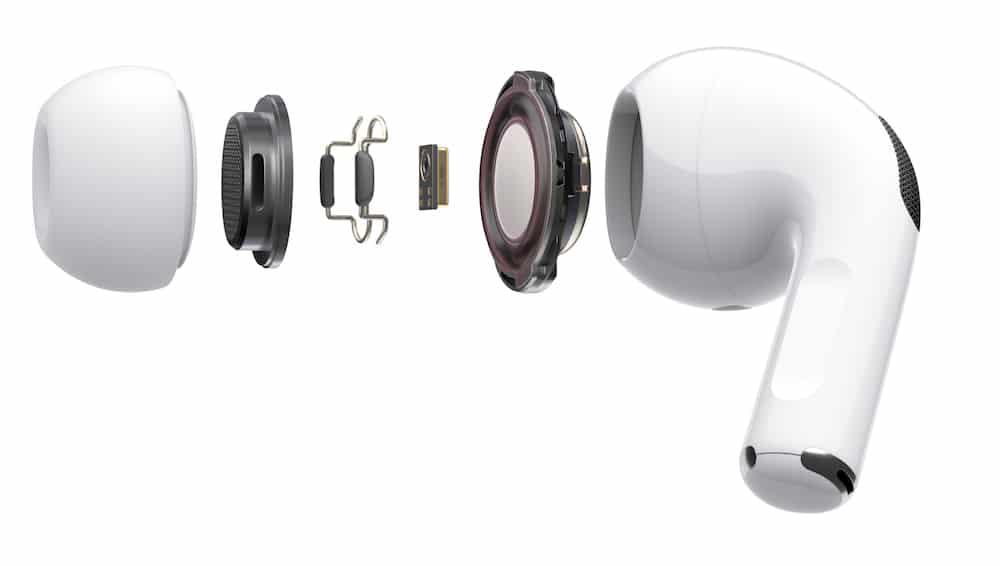5 mistakes not to make in a job interview
1/ Drown the recruiter in information
You are a senior, your career is full of experiences and you might be tempted to want to tell everything. But an interview is an exchange, not a monologue. The recruiter in front of you must be able to ask questions, reflect on your experiences. So don't unroll your CV from A to Z and start the interview by "pitching" your career in a short, structured and synthetic way to give the opportunity for the recruiter to come back to certain stages. And then, the more we say, the more we take the risk of saying too much! So limit the information and let the recruiter ask you questions

2/ To disperse and not to structure
You are coming to an interview for a specific position, so focus on this position, your experience and your professional and extra-professional skills that are related to the position. Structure, argue, illustrate your presentation with specific examples from your background. And above all, make the link between the targeted skills and yours. To facilitate the exercise, present your background chronologically, argue your choices and present your results by detailing what your skills have brought to the company and the benefits that she took it out.
3/ Underestimating or overestimating yourself
Whether one way or the other, overestimating or underestimating yourself in front of a recruiter is never perceived positively. So you have to know how to find the right balance. A well-argued and well-illustrated speech will never be seen as arrogance. So, don't be afraid to sell yourself, to have confidence in yourself. You just have to be fair in the way you position yourself, by putting forward factual arguments that will speak for themselves and support your candidacy.
4/ Not being at the right price in terms of salary expectation
This sensitive point for everyone is important, not to say crucial for seniors. It is not a question of selling off, such a posture could even discredit you, but you have to be at the market price. Several factors determine the level of remuneration. For example, salaries are lower in the regions than in Paris and the salary range can vary greatly between an SME and a large company. If the advertisement does not specify it, do not hesitate to find out about the level of salary specific to the profession and the region. In the case where the salary is indicated in the advertisement, do not try to negotiate on this point. It is also necessary to change the paradigm. Stop thinking that a change of position necessarily rhymes with a salary increase. At a certain level of experience, this is not always the case; it is the market price that is decisive. You simply have to admit it and learn to adjust. Finally, if you fear that your experience may scare recruiters who sometimes confuse seniority with too high a salary, do not hesitate to validate your salary expectations during the telephone pre-interview and thus to reassure your interlocutor.
5/ Arrive at the interview without having prepared questions
It is a very common error of candidates to come to an interview without having prepared questions. And yet, it is an essential moment in the interview because the candidate's questions make it possible to assess his interest in the position and the company and his motivation. Seniors must stand out from slightly more junior profiles by asking more macro questions such as: what are the profiles of the team that I will join; what are the projects envisaged by the company for the next few years in terms of strategy, projection, etc...; so many questions that show what you can bring to the company. Moreover, do not hesitate to bounce on the answers of the recruiter to position yourself and show the added value of your profile in relation to future projects. Be careful not to mislead yourself by asking too material questions (restaurant ticket, type of car,...) even if they are legitimate, these details must have been indicated by the recruiter. And if you really don't have any questions to ask, verbally reassure your motivation at the end of the interview.



![PAU - [ Altern@tives-P@loises ] PAU - [ Altern@tives-P@loises ]](http://website-google-hk.oss-cn-hongkong.aliyuncs.com/drawing/179/2022-3-2/21584.jpeg)
![Good deal: 15% bonus credit on App Store cards of €25 and more [completed] 🆕 | iGeneration Good deal: 15% bonus credit on App Store cards of €25 and more [completed] 🆕 | iGeneration](http://website-google-hk.oss-cn-hongkong.aliyuncs.com/drawing/179/2022-3-2/21870.jpeg)





Related Articles